After many years of studying abroad, some young Vietnamese or Vietnamese-origin people choose to return home to attend university.
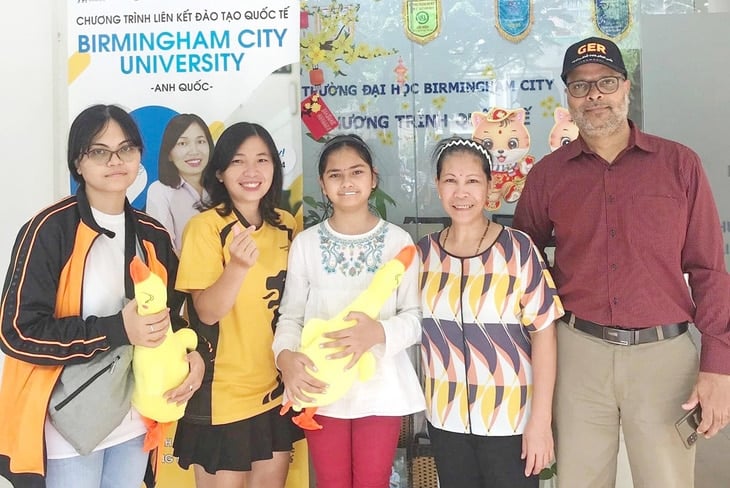
Lakshmi (middle) and her family when they came to the University of Information Technology (Ho Chi Minh City National University) to register for admission - Photo: Contributor
In early August 2023, Sombatla Truc Deydeepya Lakshmi and her family came to complete admission procedures at the University of Information Technology (Ho Chi Minh City National University).
Lakshmi's father is Qatari and her mother is Vietnamese. Since childhood, Lakshmi has lived with her family in many countries such as Qatar, India..., but when she went to university, Lakshmi chose Vietnam.
Experience Vietnamese culture
Supporting Lakshmi with some admission procedures, Mr. Truong Quoc Dung - Student Affairs Department of Information Technology University (Vietnam National University, Ho Chi Minh City) - said that Lakshmi will study information technology under the joint program between the school and Birmingham City University (UK). The study period is three and a half years.
Mr. Dung shared that after considering several countries, his family decided for Lakshmi to choose Vietnam as a place to develop during this period.
The biggest reason is to be close to her mother's hometown and experience more of the culture in Vietnam. Lakshmi's mother will also live with her in Vietnam during the upcoming school years to take care of her.
In addition, because the program is affiliated with a prestigious university in the UK and is taught 100% in English, Lakshmi's family finds that studying in Vietnam is not much different from studying in other countries. Lakshmi wants to study information technology to follow in her father's footsteps and continue the family business.
Meanwhile, after nearly 10 years of studying abroad in France, Nguyen Thi Thuy Hang will return to Vietnam to study at university from the 2023-2024 school year.
Thuy Hang left her homeland with her family to France at the age of 12, and attended high school there. Last year, Thuy Hang entered a private university in France, majoring in interior design. However, due to a family crisis, Thuy Hang decided to return to Vietnam to attend university.
From the 2023-2024 school year, Thuy Hang will enroll at Hoa Sen University, also majoring in interior design. The program is taught mainly in Vietnamese - the thing you hesitate the most before deciding whether to return to Vietnam to study or not.
Because of nearly 10 years of studying in France, Hang's strength is French. In the Southern region, there is currently no university that teaches in French.
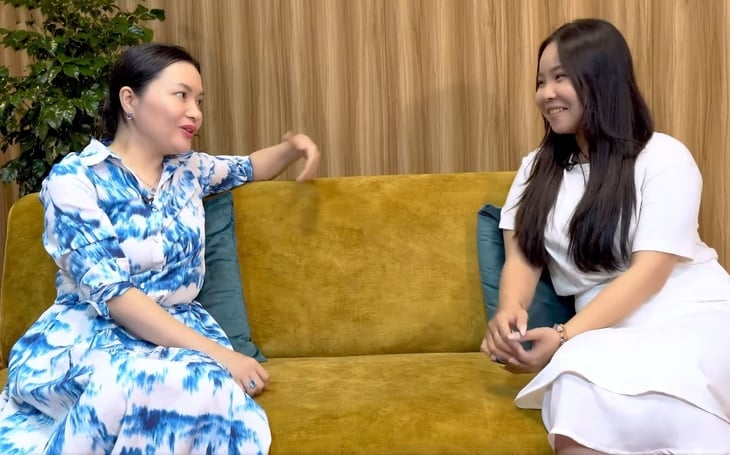
Thuy Hang (right) in a conversation with Associate Professor, Dr. Vo Thi Ngoc Thuy, principal of Hoa Sen University - Photo: Contributor
Mainly international programs
In recent years, many universities in Ho Chi Minh City have had admission methods based on international certificates, combining English certificates (IELTS, TOEFL...) and high school results in Vietnam or some other countries.
For example, in the 2023 admission season, the University of Economics and Law (Ho Chi Minh City National University) reserved a maximum of 10% of its enrollment quota for this admission method.
In addition to high school students, candidates with SAT, ACT certificates or International Baccalaureate (IB) certificates, A-level certificates - which are popular high school programs in major countries - will be able to apply for admission.
One of the biggest "waves" of returning home to study at universities was during the COVID-19 pandemic. In mid-July 2020, the Ministry of Education and Training sent a dispatch to higher education institutions regarding the reception of Vietnamese students and international students who did not continue studying abroad due to the COVID-19 pandemic.
At that time, some schools required that students who wanted to transfer back must be international students studying at a university with a ranking equal to or higher than theirs in the prestigious university rankings.
In addition, some domestic schools also consider credit and course exemptions based on the output standards, content, and requirements of the school's training program and the number of credits, study content, and study results that students have accumulated abroad.
In normal conditions like today, Associate Professor Dr. Tran Tien Khoa - Principal of International University (Ho Chi Minh City National University) - commented that most of the students who studied abroad but chose to return to study at domestic universities were mostly due to family factors, such as changing their place of residence, economic conditions or having their own plans and orientations. Some students who studied abroad for a short time also chose to return because they felt that they were not suitable for the environment abroad.
At that time, most of you will prioritize looking for universities that have programs taught in English or have training majors that match the major you are studying abroad and are not too different in training quality.
Therefore, Associate Professor Dr. Tran Tien Khoa believes that in this case, international joint programs will be considered more by students. A degree granted by a foreign university in a joint program will also attract more students.
The barriers
Mr. Truong Quoc Dung said that language is a disadvantage for students returning to Vietnam from abroad to study at university.
Because although all the curriculum is taught in English, of course there will be many activities outside the classroom, programs of student associations, clubs... where the main language of communication is Vietnamese.
It will take you some time to get used to the new environment. For example, Lakshmi, you can understand Vietnamese but cannot speak Vietnamese.
Therefore, according to Mr. Dung, in the coming time, Lakshmi will be supported through a number of student activities to help her integrate best.
Thuy Hang said that the social environment has differences that are also difficulties that students who have studied abroad for many years in another country and choose to return to Vietnam to continue studying will encounter.
Tuoitre.vn




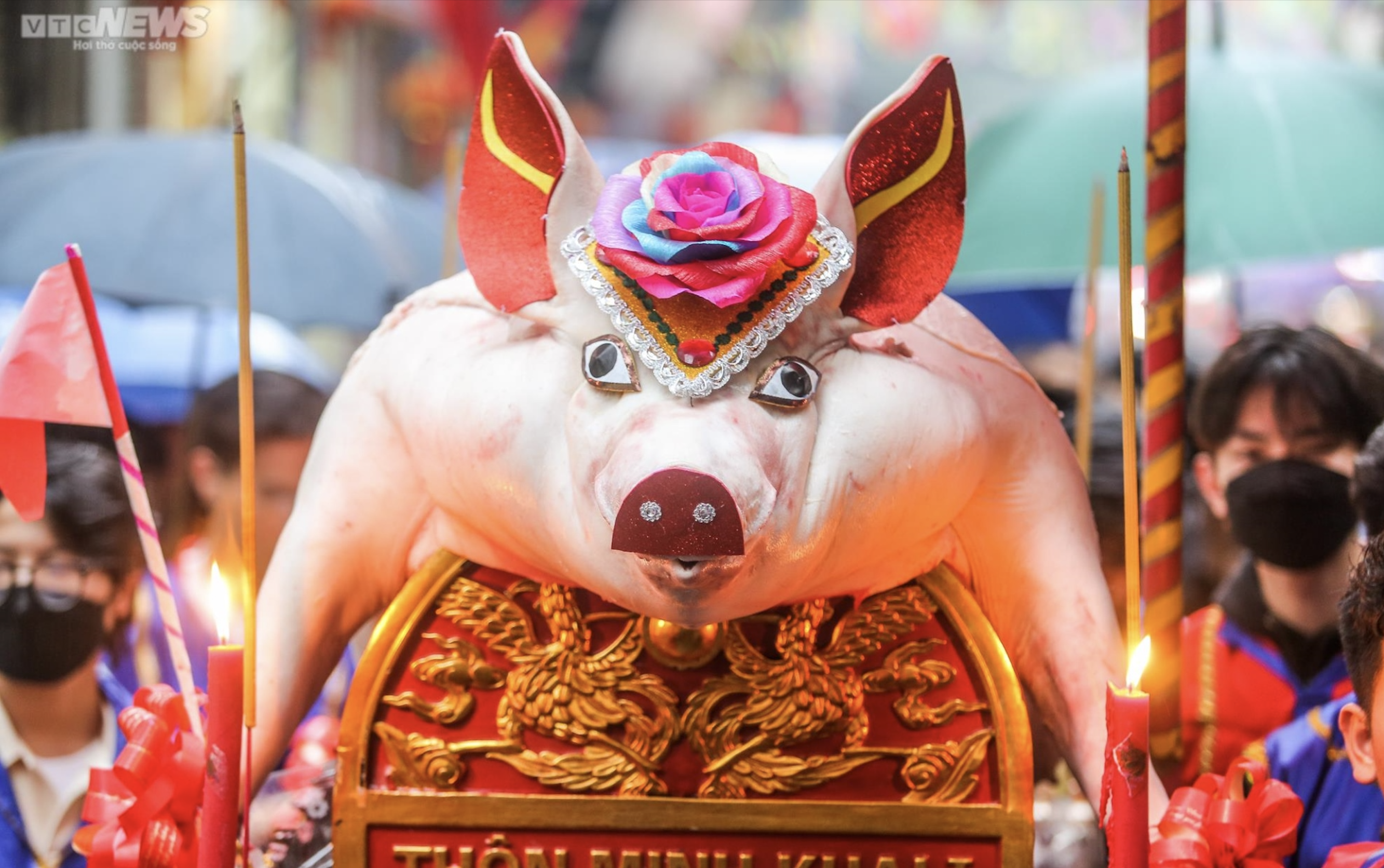



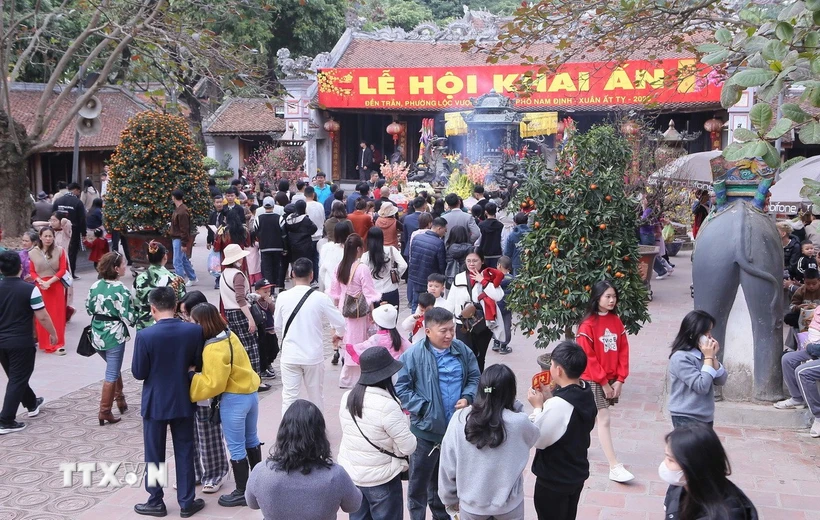
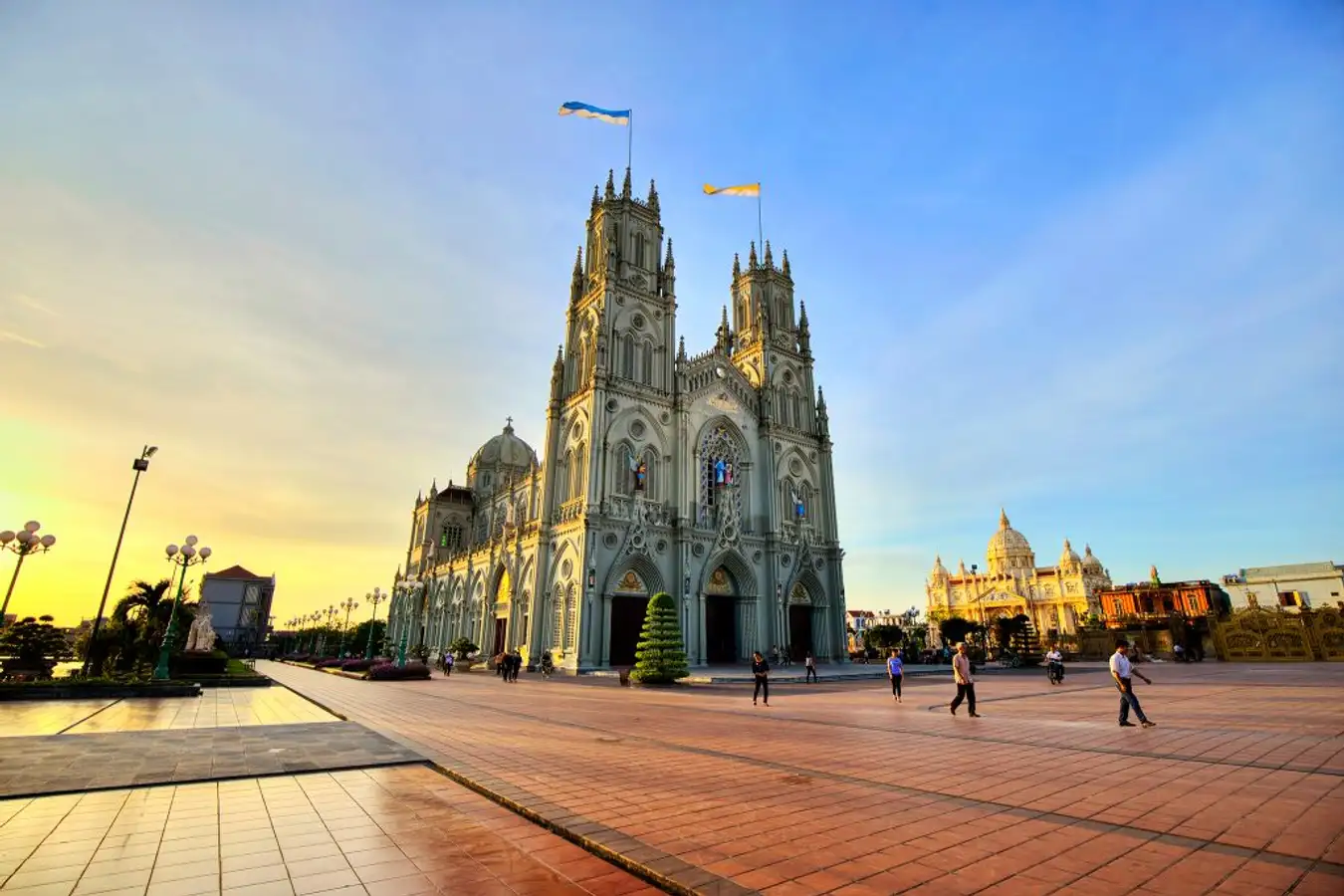





















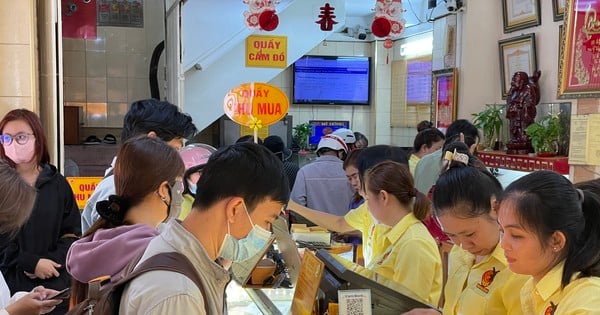

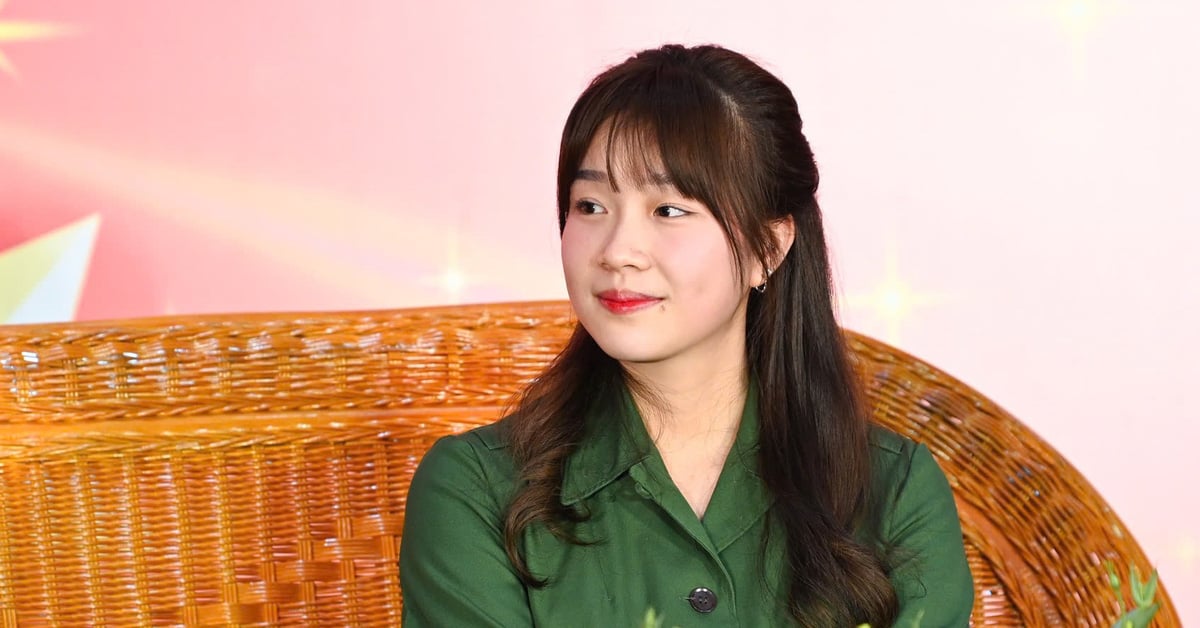
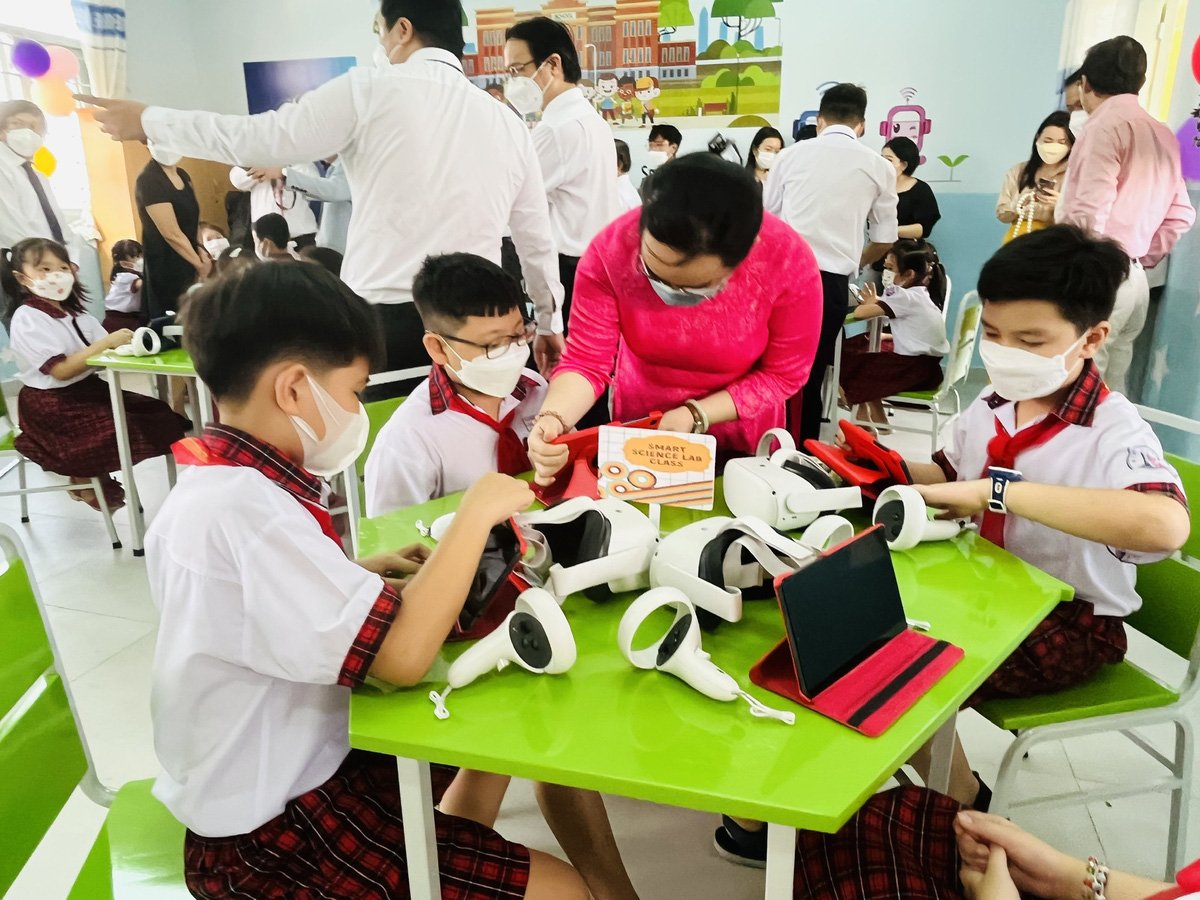


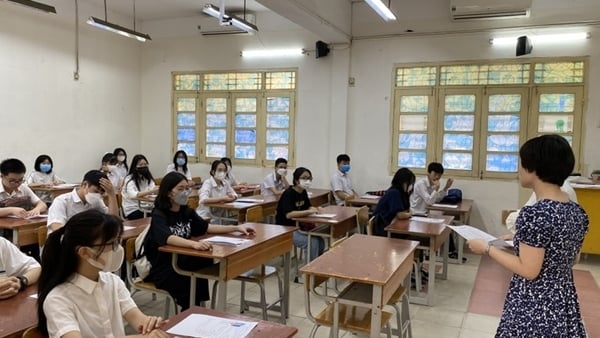

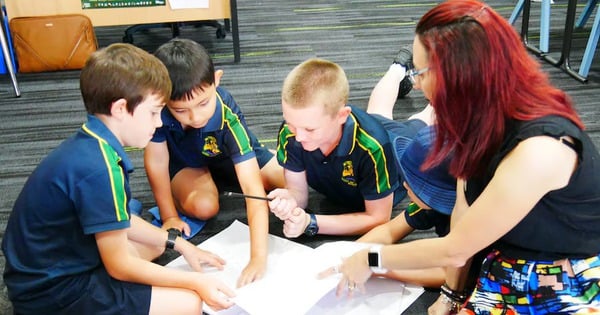

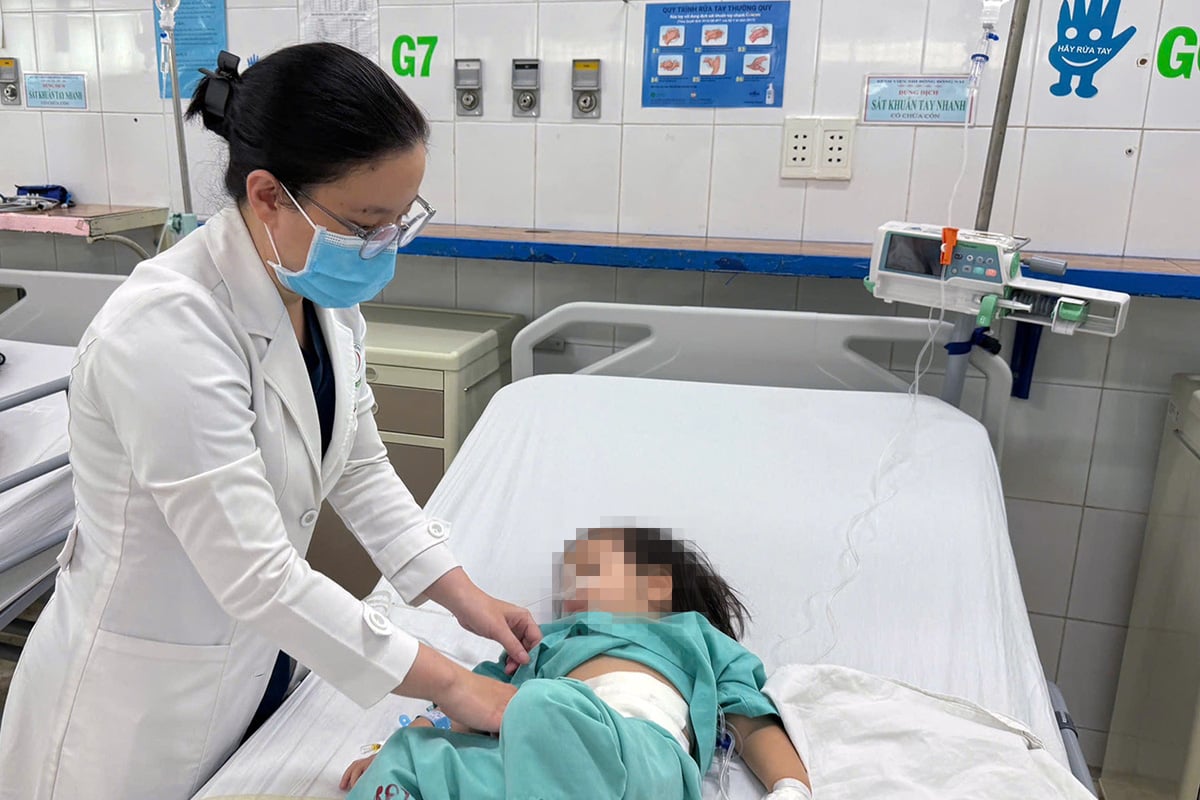
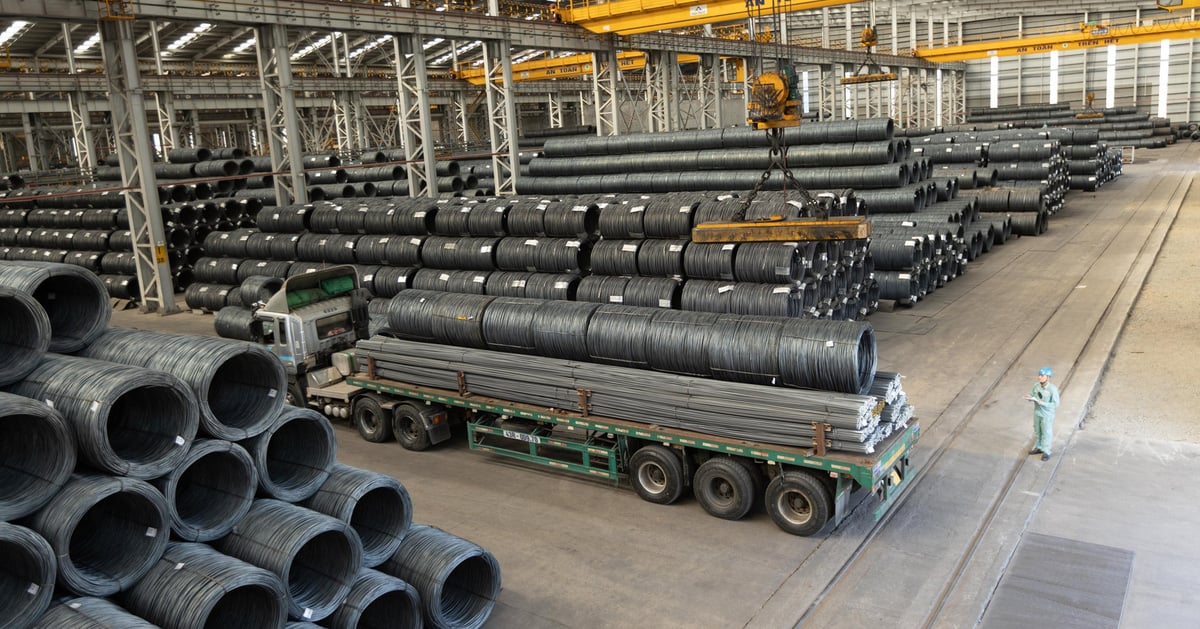
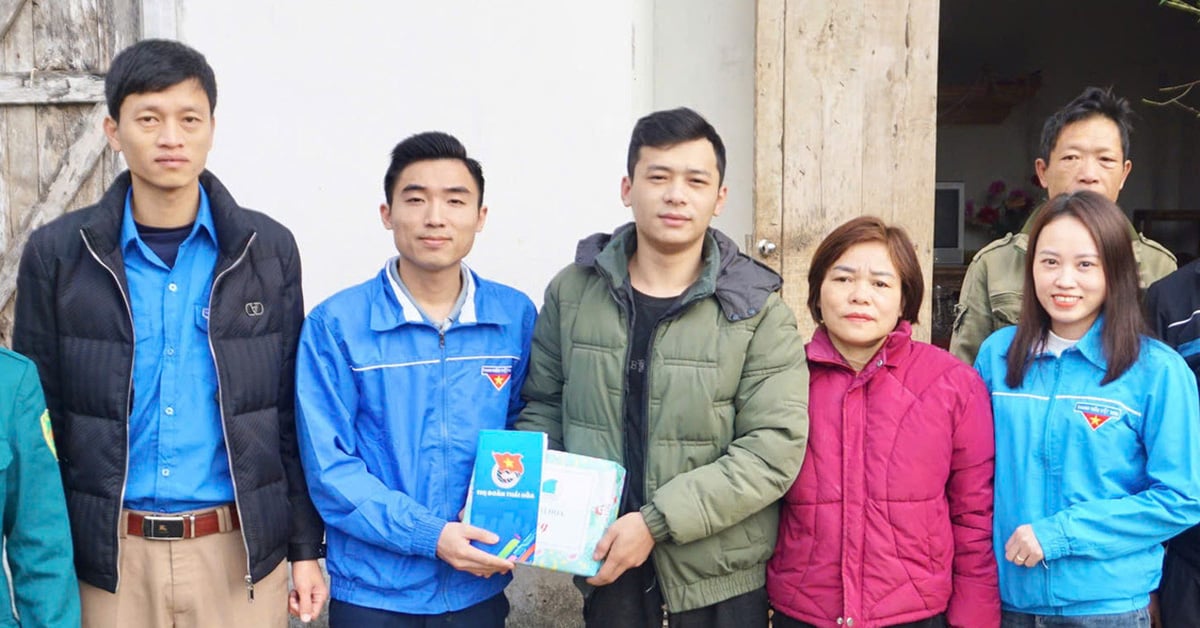
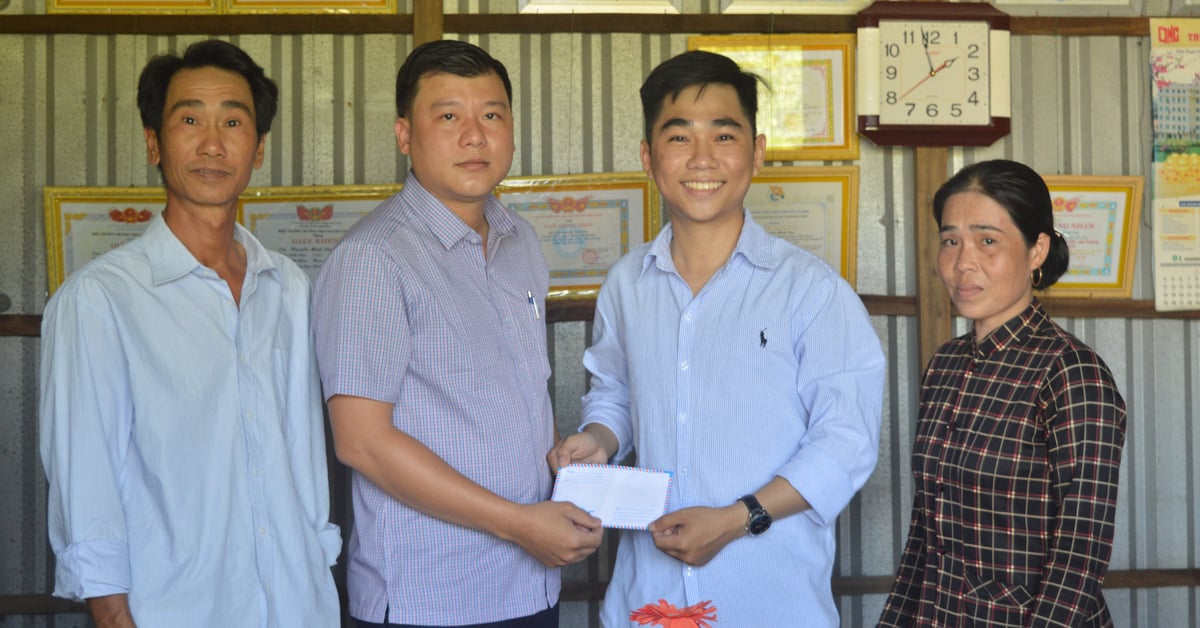
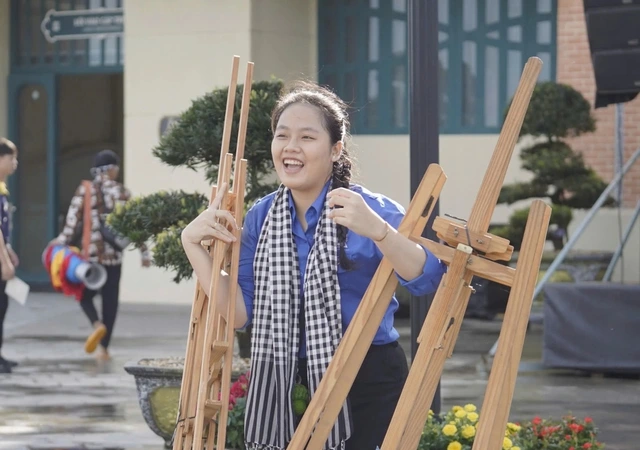


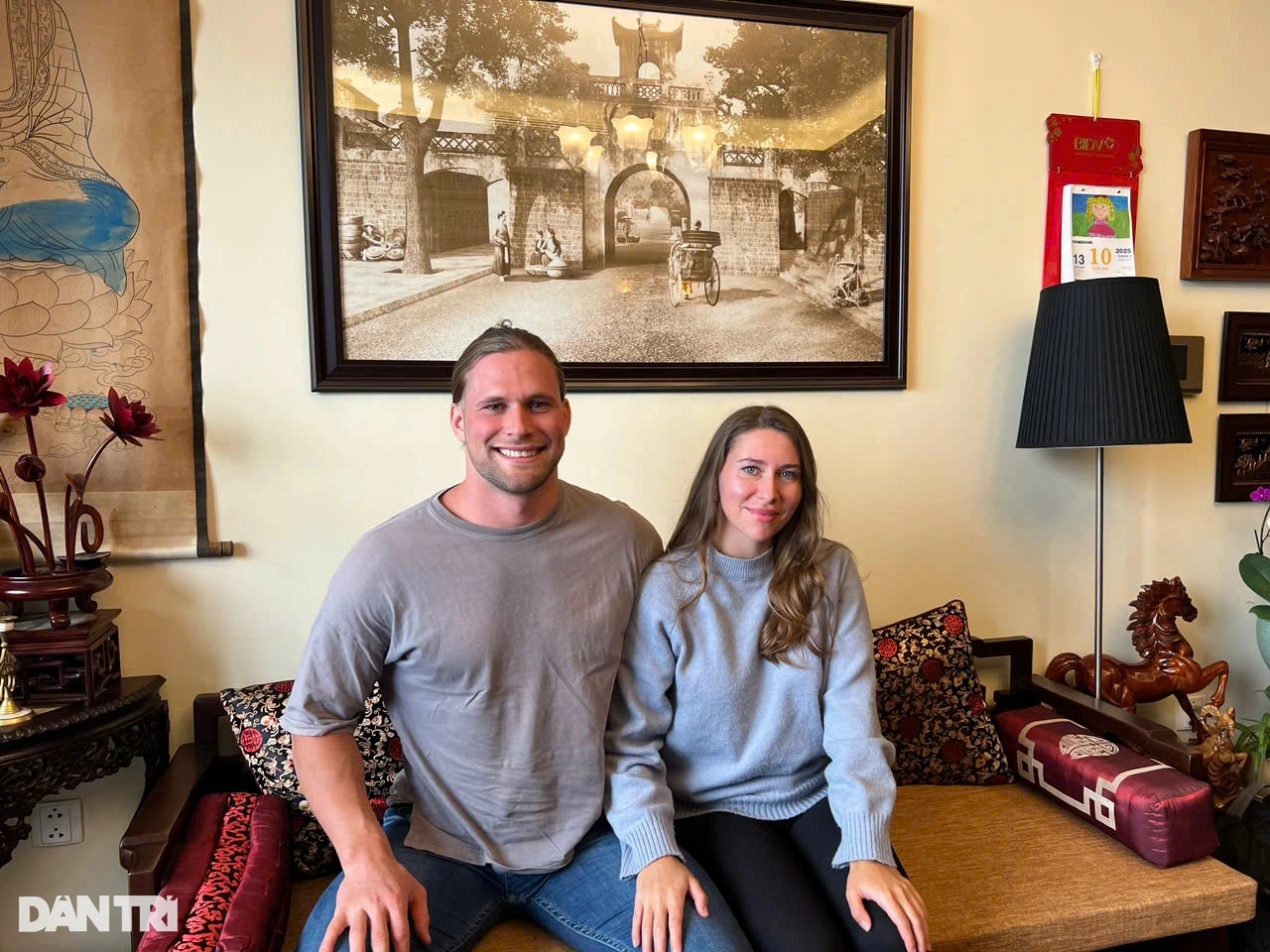

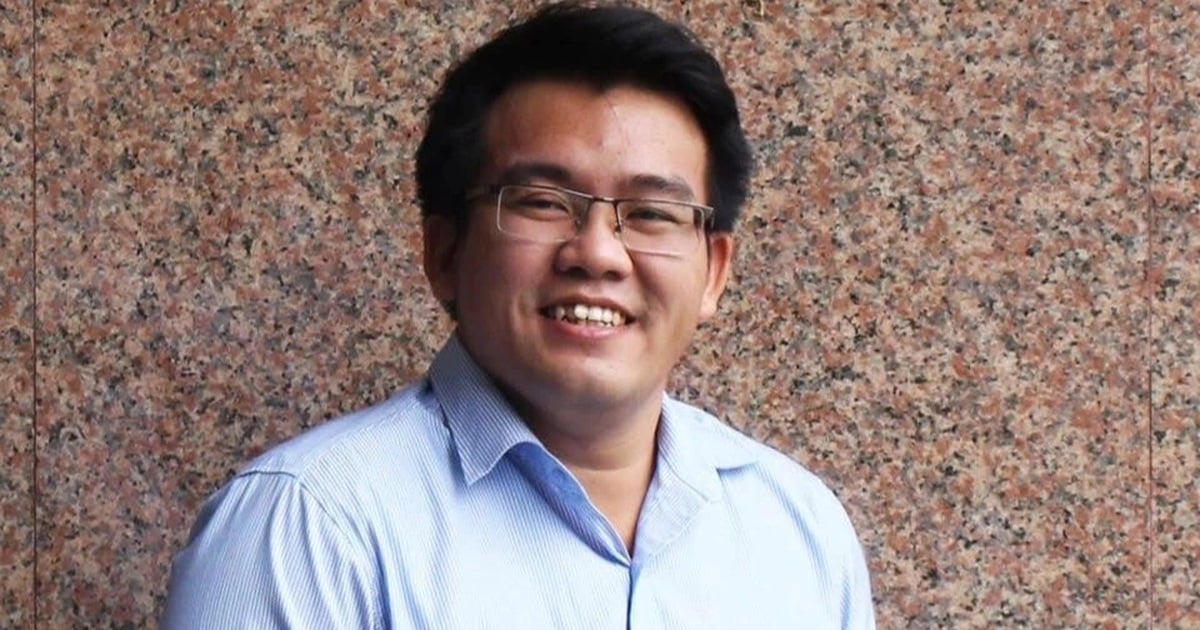
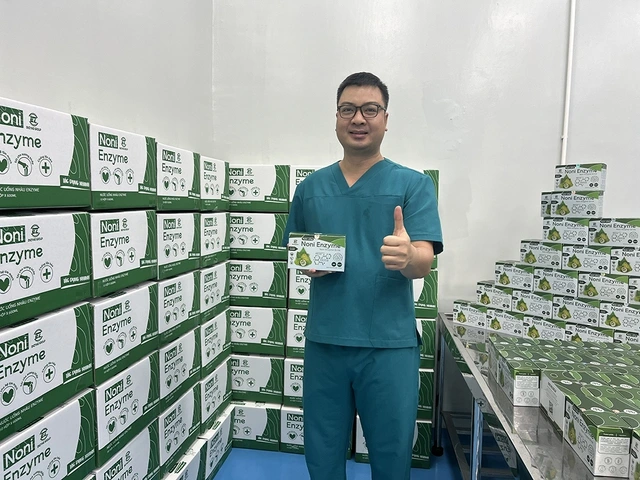
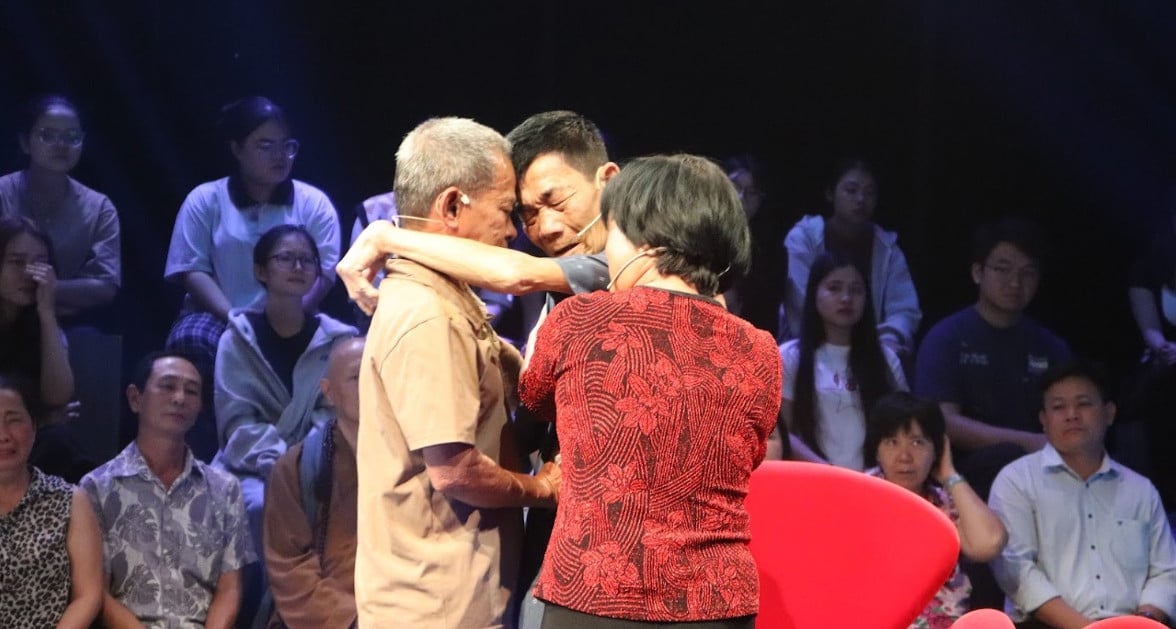





Comment (0)